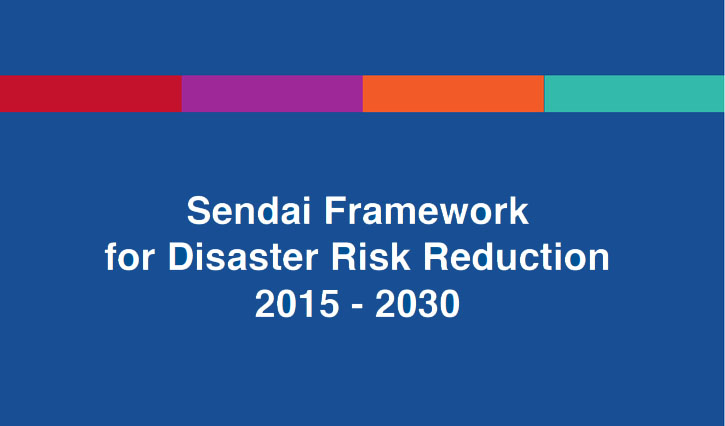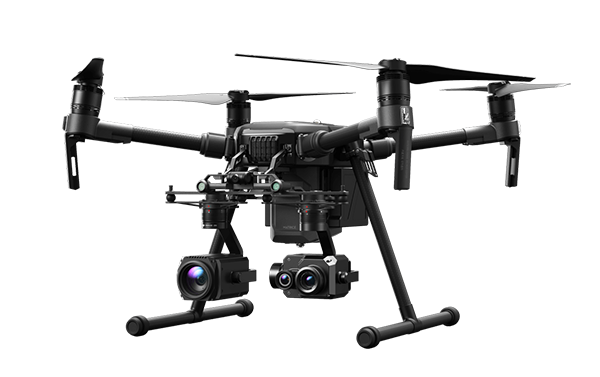The Center develops cooperation with the ASEAN region
In the period from August 21 to 24, 2023, the delegation of the Center, consisting of the Director Mr. Serik Aubakirov and Senior expert Mr. Bakhtiyar Ospanov participated in the ASEAN (Association of Southeast Asian Nations) Interregional Dialogue on Disaster Management and the ASEAN Forum on Disaster Resilience, which were held in Singapore and hosted by the ASEAN Secretariat with the support of the Asian Development Bank.
The ASEAN Inter-Regional Dialogue was dedicated to the issue "Regional Experiences and Approaches in Transboundary Disaster Risk Reduction", to which active regional organizations from Asia and the Pacific were invited to discuss strategic and current approaches in combating transboundary disasters, share knowledge and experience, and develop interregional cooperation.
Thus, the Dialogue was attended by: ASEAN Humanitarian Aid and Disaster Management Coordinating Center (AHA Center), Asian Disaster Reduction Center (Kobe, Japan), Asian Disaster Preparedness Center (Bangkok, Thailand), Economic Cooperation Organization (headquartered in Tehran, Iran). Among them, for the first time, the Center received an invitation as a Central Asian regional organization.
In the course of the Interregional Dialogue, the Director of the Center Mr. Aubakirov provided a presentation on the existing transboundary disaster risks in Central Asia and the measures taken to reduce their risk, as well as planned initiatives to use innovative technologies to improve approaches to managing the risk of transboundary disasters.
The greatest interest among regional partners was expressed by the planned measures to develop a Regional Multi-hazard Early Warning System, as well as the creation of a Regional Coordination Center for Emergency Response in the countries of Central Asia to coordinate and provide technical support for humanitarian operations based on the Center.
At the end of the first day, the Chairman of the ASEAN Disaster Management Committee, Mr. Pham Duk Luan, thanked the Director of the Center and expressed interest and readiness in establishing interregional cooperation between the region of Southeast Asia and Central Asia.
In the following days, on the sidelines of the ASEAN Forum, the staff of the Center held a series of meetings and conversations with disaster specialists of the Asian Development Bank headquartered in Manila (Philippines) and submitted for consideration the project proposal of the Center to create a Central Asian Multi-Hazard Early Warning System.
In general, during the ASEAN Forum, a number of international experts in the field of disaster risk reduction and scientists made a general forecast that in the coming years, global warming will lead to an increase in the frequency and intensity of extreme hydrometeorological events, such as hurricanes, severe storms, floods, heavy rains, droughts, landslides and extreme temperatures. It was also noted that climate change may create a more complex and unpredictable environment in which regions will face increased risks of various transboundary disasters.
Thus, the experts emphasized that effective climate change mitigation and adaptation play a key role in reducing potential negative impacts and identified four main areas that governments and the international community need to pay the most attention to:
- Development and implementation of innovative information and communication technologies in disaster risk reduction measures;
- Development of multi-hazard early warning systems;
- Pre-disaster recovery planning;
- Ensuring financial resilience to disasters.
Within the framework of the ASEAN Forum, the Center's delegation visited the Civil Defense Academy, the leading educational institution of the Civil Defense Forces of Singapore. The Academy provides professional and specialized training in the field of civil defense, covering a wide range of training courses, such as: disaster management, firefighting, rescue and etc.
This educational institution is equipped with advanced technical innovative equipment for education and training in the field of civil defense, such as:
- Simulators and equipment for training firefighters - simulating various types of fires in conditions of high temperatures and smoky environments.
- Equipment for rescue training - simulation of various emergency situations such as earthquakes, building collapses, landslides and others. Trainees can train in search and rescue of victims, use of special tools and rescue techniques;
- Learning and Visualization Tools - interactive displays, multimedia learning tools that help learners better understand civil protection principles such as evacuation, emergency communications, etc.;
- Crisis management facilities and equipment - emergency management simulators, communication systems that help learners
- Water training facilities and equipment - water safety and rescue training may also include water training equipment;
- Extreme Vehicle Driving Simulators - Specialized vehicles and driving simulators can be used to train drivers in emergency situations and emergency maneuvering.
In general, the study of the presentations and opinions of the experts participating in the Dialogue confirms the main trends in disaster risk management and indicates that the chosen strategic direction and initiatives of the Center, reflected in the Regional Strategy for the Development of Cooperation in the CA countries in the field of DRR, and in the Roadmap for the implementation of the Strategy for 2023 -2024 are inline with international trends in the field of DRR..



































